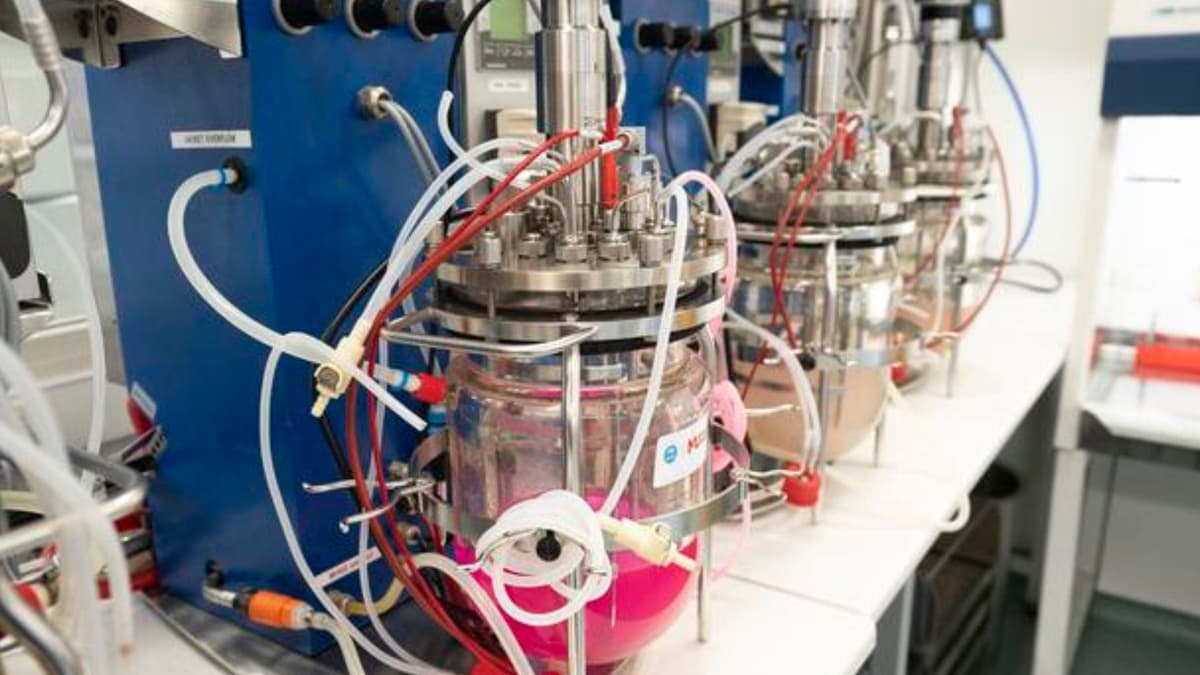What if the solution to our plastic nightmare wasn’t some miracle machine or billion-dollar cleanup plan—but wild microbes, pulled straight from the dirt?
At Murdoch University in Western Australia, scientists have done exactly that. They’ve tapped into nature’s molecular black market and found bacteria that don’t just survive in harsh environments—they hoard resources, synthesize natural polymers, and spit out a plastic that doesn’t pollute, doesn’t linger, and doesn’t need a single drop of petroleum. When they’re done, it disappears—no toxic residue, no microplastics, no trace.
This isn’t your grandma’s compostable plastic. It’s not that flimsy “eco-friendly” fork that snaps in your hand or the greenwashed packaging that ends up in the same landfill as everything else. This is plastic reimagined from the microbial level up—engineered by nature, recovered by science, and destined to vanish like it was never there.
The key is a molecule called PHB, a polymer some microbes naturally produce and store inside their cells like tiny biological batteries. Scientists at the Bioplastics Innovation Hub—an alliance between Murdoch University and CSIRO—have figured out how to harvest this microbial treasure and turn it into straws, food-safe liners, and other single-use plastics that actually live up to the promise of disappearing.
Australia’s mountain of plastic packaging waste—over 80% of which still isn’t home-recyclable—might finally meet its match. This homegrown bacterial workforce is custom-built by evolution to thrive on scraps and transform waste into material that melts back into the biosphere. No more greenwashed gimmicks. No more fake biodegradables that just fragment into microplastic confetti.
And here’s the twist: this isn’t just lab science. It’s scalable. Industry wants it. Consumers are demanding it. And now, with food-safe bioplastic linings finally within reach, the last stronghold of petroleum-based packaging is starting to crack.
The war on plastic won’t be won by bans and guilt trips—it’ll be won by bugs. Wild, microscopic, Australian-born bugs with a taste for turning trash into nothing. The future of plastic isn’t petrochemical.
It’s microbial.


